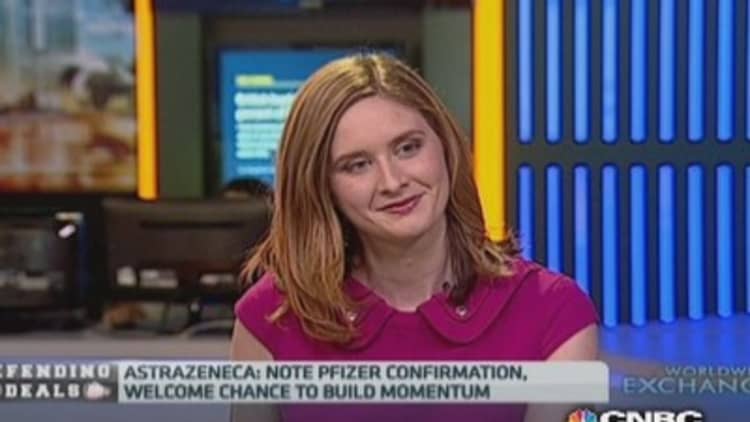Pfizer/AstraZeneca
Pfizer, the U.S. big pharma giant, first embarked on its pursuit of the U.K.'s AstraZeneca last year, but was forced into the open in April. It faced high-profile criticism from politicians on both sides of the Atlantic, and ultimately failed to convince the AstraZeneca board of the merits of its $118 billion offer. However, from August 26, the companies can engage again under U.K. takeover rules, and the continued relative strength of AstraZeneca's share price suggests many had expected a return to the table.

Salix/Cosmo
U.S. based gastrointestinal specialist Salix announced plans in July to move its tax base to Ireland, after buying the Irish unit of Italy-based Cosmo, together with several of its medicines, for $2.7 billion worth of stock.
Mylan/Abbott Laboratories
Mylan, which specializes in drugs on which the patents have already expired, announced last week that it will slash its tax bill, after buying Abbott Laboratories' branded specialty and generics business in developed markets outside the U.S in a $5.3 billion deal.







